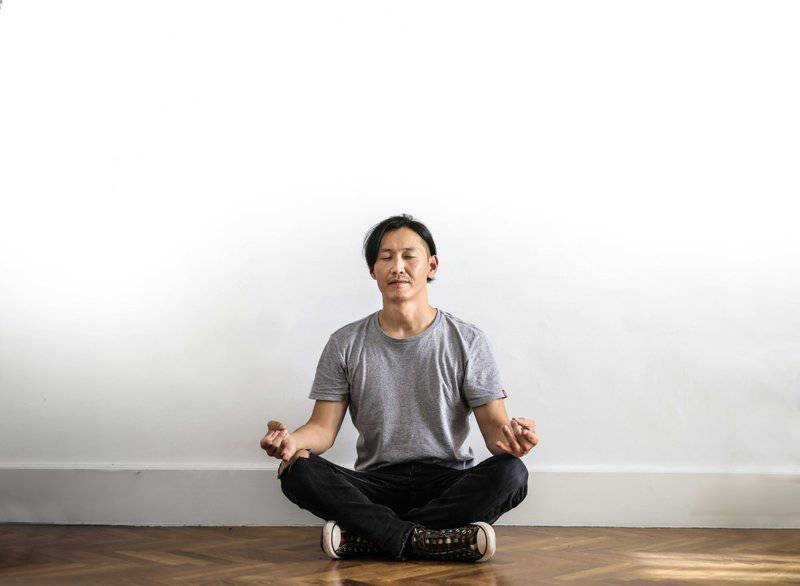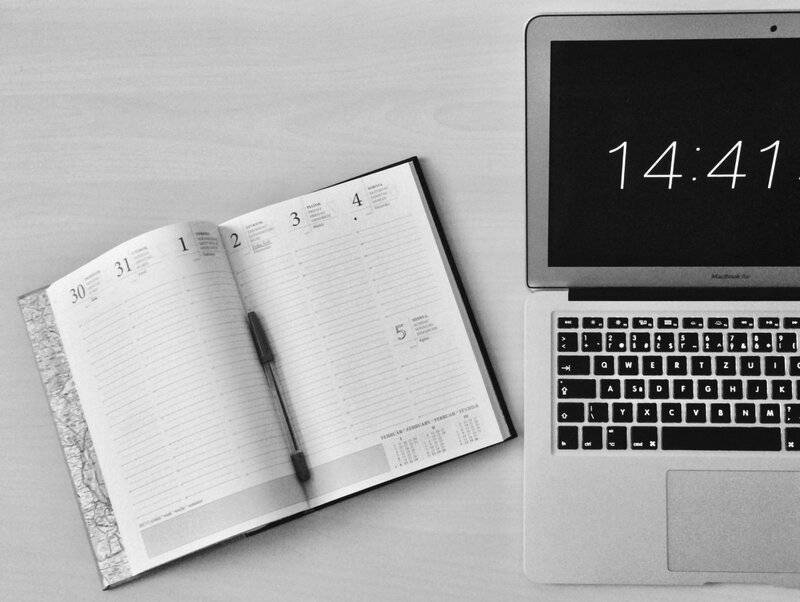In a world that glorifies packed calendars and relentless productivity, our days often feel like a never-ending checklist. Social pressures and digital tools make it easy to overcommit, leaving little room for spontaneity or rest.
However, a quiet revolution is taking hold: more people are embracing the concept of ‘No Plan’ days. These are days intentionally left free from obligations, schedules, and expectations.
What might seem like mere idleness is actually becoming a powerful antidote to burnout. Carving out time without plans is proving to offer surprising benefits—not just for our well-being, but also for our creativity and mental clarity.






















